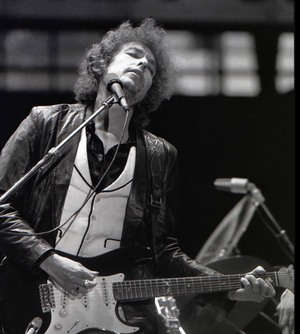
On October 23rd, Bob Dylan recorded the iconic "The Times They Are-A-Changing"
On this day in 1963, a young Bob Dylan stepped into Columbia Recording Studios in New York City and recorded what would become one of the defining songs of the 20th century: “The Times They Are A-Changin.” Drawing on the traditions of Irish and Scottish ballads, Dylan crafted a simple yet powerful melody paired with lyrics that captured the turbulence and hope of an era marked by social upheaval.
“The song was written as a call to action,” Dylan later explained in interviews. “It was for the people who felt their voices weren’t being heard, who wanted change, and who were ready to stand up for it.” Its verses, warning politicians and societal elites to heed the coming shift, resonated immediately with a generation facing civil rights struggles, anti-war protests, and the questioning of long-standing social norms.
Though recorded more than six decades ago, the song’s message has never lost its relevance. It became a soundtrack for the 1960s’ movements for civil rights and political reform, embodying the spirit of a decade defined by change. Its simple structure—a folk ballad built on traditional chord progressions and a steady, almost hymn-like rhythm—allowed the lyrics to take center stage, delivering a message both urgent and timeless.
Over the years, “The Times They Are A-Changin’” has been interpreted and reinterpreted by a wide range of artists across genres, attesting to its enduring appeal. Folk-rock pioneers The Byrds brought a jangly, electrified sound to their 1966 cover, which helped introduce the song to a broader audience. Jazz and soul icon Nina Simone offered a haunting rendition that underscored the song’s political weight, while the Beach Boys’ version gave it a pop-inflected twist. More recently, singer-songwriter Brandi Carlile has drawn on Dylan’s anthem to inspire a new generation of listeners with her powerful, contemporary performances.
Cultural historians point to the song as a landmark in the folk music revival of the early 1960s. “Dylan captured the mood of a generation,” says historian Sean Wilentz. “Folk music has always been about storytelling and social commentary, and this song became a rallying cry. It wasn’t just music—it was a message.”
The lyrics themselves read like a manifesto: “Come gather ’round people / Wherever you roam / And admit that the waters / Around you have grown.” These opening lines set the tone for a song that is both personal and universal, urging listeners to acknowledge the inevitability of change. Each verse builds on this theme, creating a sense of momentum and urgency that has kept audiences captivated for decades.
Dylan’s influence on popular music and protest culture cannot be overstated. Rolling Stone magazine ranks him among the greatest songwriters of all time, and “The Times They Are A-Changin’” is often cited as one of his most politically significant works. Beyond its immediate impact, the song has inspired countless musicians to use their art as a platform for social commentary and advocacy, carrying forward the folk tradition of blending music with activism.
Even today, the song’s relevance is evident. From political rallies to charitable concerts, “The Times They Are A-Changin’” continues to resonate, reminding listeners that music can both reflect and shape the social consciousness. Dylan himself has acknowledged this ongoing legacy, noting that a song, once released into the world, can take on a life of its own—one that continues to speak to new generations and evolving struggles.
In an age where social and political issues remain as urgent as ever, Dylan’s 1963 anthem endures as a timeless call to action—a reminder that change, while sometimes slow, is always possible when people raise their voices together.



 New Music Monday: Defying the Cold Snap with the Latest Cuts from Friday's Countdown
New Music Monday: Defying the Cold Snap with the Latest Cuts from Friday's Countdown
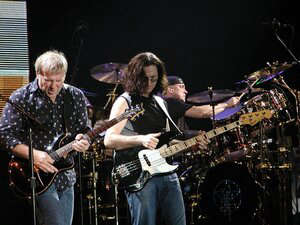 How Rush's "Tom Sawyer" Defined a Legend and Ignited a 50-Year Legacy
How Rush's "Tom Sawyer" Defined a Legend and Ignited a 50-Year Legacy
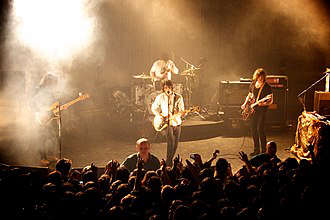 Arctic Monkeys Return with "Opening Night": A New Chapter for the Sheffield Icons
Arctic Monkeys Return with "Opening Night": A New Chapter for the Sheffield Icons
 Muskoka’s Own Hitmaker: New Biography on Marc Jordan
Muskoka’s Own Hitmaker: New Biography on Marc Jordan
 Hometown Legends Take the World Stage: Green Day Set for Santa Clara Homecoming
Hometown Legends Take the World Stage: Green Day Set for Santa Clara Homecoming









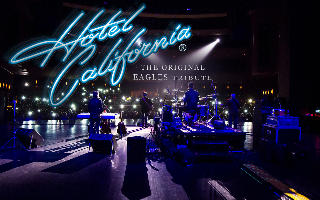
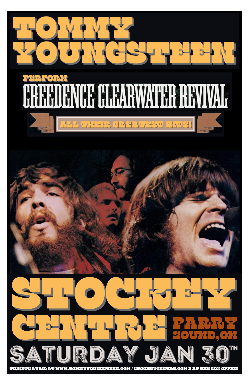
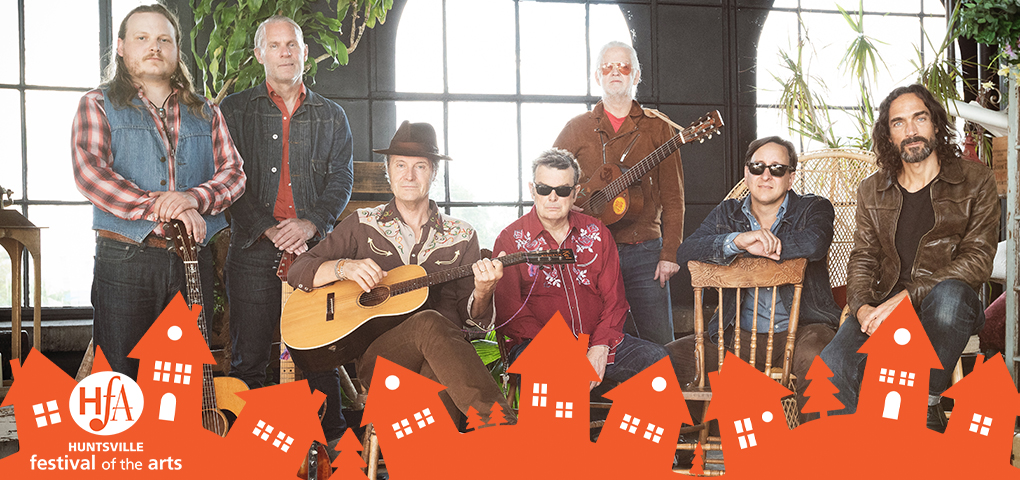

Comments
Add a comment